By Rychel Johnson, M.S., LCPC, Licensed Clinical Professional Counselor
Updated on November 17, 2023
Published on September 21, 2023

Get latest news, updates, and trends on mental well-being
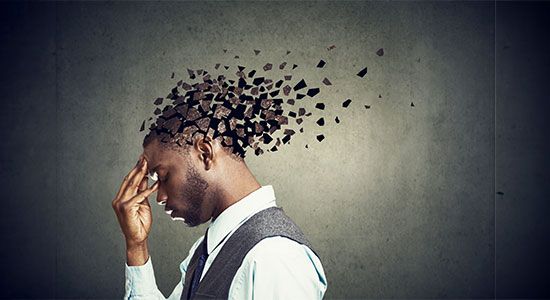
Memory is how your brain stores, retrieves, and makes sense of information. Your memory is crucial because it shapes your identity. It guides you through your daily life.
Various factors can affect how your memory functions. You can experience memory loss ranging from mild forgetfulness to severe cognitive impairment. But the elephant in the room is figuring out what causes memory loss.
In this article, we will explore some causes of memory loss. We will help you understand how medication, sleep, and nutrition affect your memory. We will also explore the connection between depression, stress, and memory loss.
Memory loss is the inability to recall information or experiences previously stored in one’s memory.1
To diagnose memory loss, your doctor will ask how your memory changes affect your life.
There are different types of memory loss. They are based on the causes of memory loss and how people forget things1:
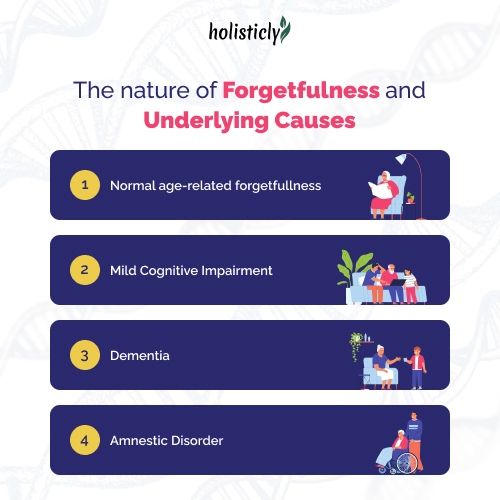
Various factors can trigger memory loss, ranging from natural aging to traumatic injuries and medical conditions.
Common causes of memory loss include the following2:

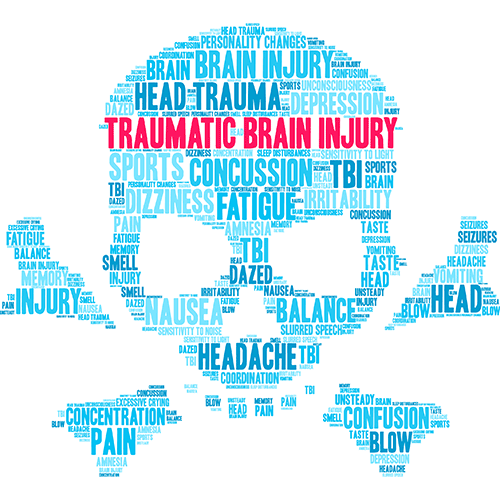
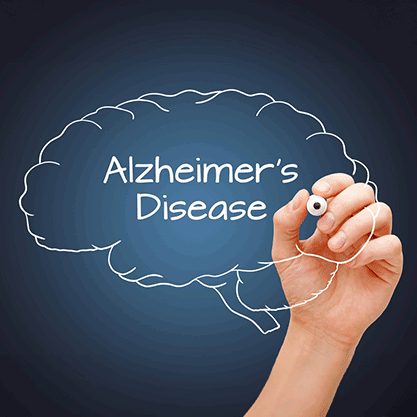
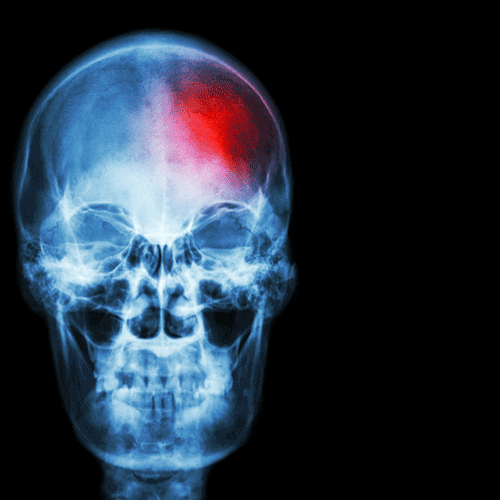

To diagnose memory loss, your doctor will look at your overall health. Your doctor will use a combination of measurement tools3 to assess and diagnose you. They include the following:
Let’s first discuss whether depression can cause memory loss.
Depression is a mental disorder linked to a decline in thinking and memory abilities.4
People with depression may also experience:
The relationship between depression and memory loss goes two ways. Depression can make it harder to remember things. Having trouble with memory can make your depression worse.
Forgetting important events can make you feel frustrated and hopeless, like with depression.
Depression can affect various aspects of your memory. This causes problems in different memory processes5:
The relationship between depression and memory loss goes two ways. Depression can contribute to your memory problems, and memory difficulties can worsen your depressive symptoms.
Forgetting important events can make you feel frustrated and hopeless, like with depression.
Depression can affect various aspects of your memory. This causes problems in different memory processes5:
Now, what about stress? Does it affect memory?
The short answer is yes! Stress and memory loss go hand in hand. Have you ever felt stressed from running late and forgot where you put your keys? Stress is a natural response to challenges in your daily life. It can affect your cognitive function.
Scientific research has shown the link between chronic stress and memory issues. It has shed light on how stress can influence memory function.6
Stress triggers the release of hormones like cortisol and adrenaline. These “stress hormones” prepare your body to respond when it feels threatened. If this happens constantly, it can cause chronic stress. Chronic stress can affect different memory processes, including working, episodic, and long-term memory.
The connection between mental health and memory loss is significant. Besides depression and stress, there are other mental health conditions that can impact memory and thinking.



Scientific research has explored how memory loss happens. The consensus is that depression and stress can contribute to memory loss over time.
According to a 2018 Harvard study, people with depression had poor memory for positive events. They also had overall impaired recollection.10 This means that depression can stop you from storing positive experiences. You may even recall negative events more readily than positive ones.
Chronic stress has the potential to contribute to memory loss development. When you feel stressed, your body naturally produces more cortisol to help you cope. A study in 2021 found that high cortisol levels can harm your memory functions.11
When depression or stress makes memory loss worse, medical treatments for memory loss may become essential. Your doctor can manage your memory loss with various medical interventions. There is no one-size-fits-all solution.
You can manage memory loss by adopting strategies and lifestyle changes that support your cognitive health.
Here are some practical tips for managing memory loss15:
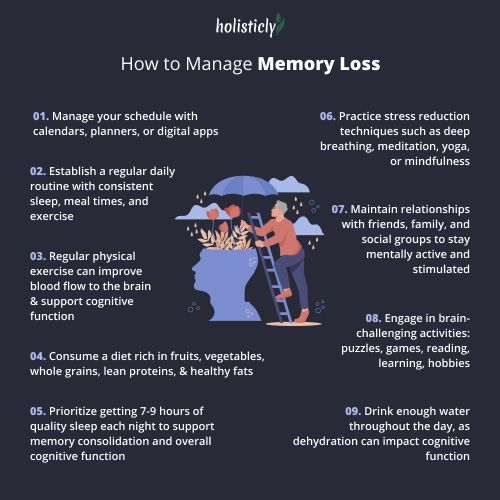
Here are some interventions that may indirectly improve memory16:





Memory loss is not easy to cope with, but there are tools and resources to help you with your experience. With depression and memory loss, it’s clear that addressing mood and memory can improve overall mental and emotional well-being. Additionally, reducing stress can positively impact memory health.
If you’re struggling with memory concerns, there are treatment approaches you can take to feel better in control of your cognitive abilities, such as mental health therapy, medication therapy, and stress reduction techniques.
There are ways you can manage your memory health on your own, too. Taking care of your sleep, eating nutritious food, and exercising can significantly improve your mental well-being. Adopting healthy behaviors can feel empowering as you take ownership of your memory care.
If you feel like depression or stress is affecting your memory, consulting with a medical professional may be helpful. If you’re already dealing with mental health problems, talk to your therapist about your memory worries.
1. National Institute on Aging. (2020, October 21). Memory, Forgetfulness, and Aging: What’s Normal and What’s Not? National Institute on Aging. https://www.nia.nih.gov/health/memory-forgetfulness-and-aging-whats-normal-and-whats-not
2. Healthy Aging. (2019). Memory and Aging Center. https://memory.ucsf.edu/symptoms/healthy-aging
3. Determining a Diagnosis. (n.d.). Memory and Aging Center. https://memory.ucsf.edu/diagnosis
4. Chand, S., & Arif, H. (2022). Depression. PubMed; StatPearls Publishing. https://www.ncbi.nlm.nih.gov/books/NBK430847/
5. James, T. A., Weiss-Cowie, S., Hopton, Z., Verhaeghen, P., Dotson, V. M., & Duarte, A. (2021). Depression and episodic memory across the adult lifespan: A meta-analytic review. Psychological Bulletin, 147(11), 1184–1214. https://doi.org/10.1037/bul0000344
6. Kulshreshtha, A., Alonso, A., McClure, L. A., Hajjar, I., Manly, J. J., & Judd, S. (2023). Association of Stress With Cognitive Function Among Older Black and White US Adults. JAMA Network Open, 6(3), e231860. https://doi.org/10.1001/jamanetworkopen.2023.1860
7. Lukasik, K. M., Waris, O., Soveri, A., Lehtonen, M., & Laine, M. (2019). The relationship of anxiety and stress with working memory performance in a large non-depressed sample. Frontiers in Psychology, 10(4). https://doi.org/10.3389/fpsyg.2019.00004
8. Kofler, M. J., Singh, L. J., Soto, E. F., Chan, E. S. M., Miller, C. E., Harmon, S. L., & Spiegel, J. A. (2020). Working memory and short-term memory deficits in ADHD: A bifactor modeling approach. Neuropsychology, 34(6). https://doi.org/10.1037/neu0000641
9. Pitts, B. L., Eisenberg, M. L., Bailey, H. R., & Zacks, J. M. (2022). PTSD is associated with impaired event processing and memory for everyday events. Cognitive Research: Principles and Implications, 7(1). https://doi.org/10.1186/s41235-022-00386-6
10. Dillon, D. G., & Pizzagalli, D. A. (2018). Mechanisms of Memory Disruption in Depression. Trends in Neurosciences, 41(3), 137–149. https://doi.org/10.1016/j.tins.2017.12.006
11. Juszczyk, G., Mikulska, J., Kasperek, K., Pietrzak, D., Mrozek, W., & Herbet, M. (2021). Chronic Stress and Oxidative Stress as Common Factors of the Pathogenesis of Depression and Alzheimer’s Disease: The Role of Antioxidants in Prevention and Treatment. Antioxidants, 10(9), 1439. https://doi.org/10.3390/antiox10091439
12. National Institute of Mental Health. (2022). Generalized Anxiety Disorder: When Worry Gets Out of Control. Www.nimh.nih.gov. https://www.nimh.nih.gov/health/publications/generalized-anxiety-disorder-gad
13. Kumar, A., Gupta, V., & Sharma, S. (2023). Donepezil. PubMed; StatPearls Publishing. https://www.ncbi.nlm.nih.gov/books/NBK513257/#:~:text=Donepezil%20is%20an%20FDA%2Dapproved
14. Linnemann, A., & Fellgiebel, A. (2017). Psychotherapie bei leichter kognitiver Beeinträchtigung und Demenz. Der Nervenarzt, 88(11), 1240–1245. https://doi.org/10.1007/s00115-017-0408-x
15. Healthy Aging. (2019). Memory and Aging Center. https://memory.ucsf.edu/symptoms/healthy-aging
16. Information, N. C. for B., Pike, U. S. N. L. of M. 8600 R., MD, B., & Usa, 20894. (2020). Treatments for depression. In www.ncbi.nlm.nih.gov. Institute for Quality and Efficiency in Health Care (IQWiG). https://www.ncbi.nlm.nih.gov/books/NBK279282/